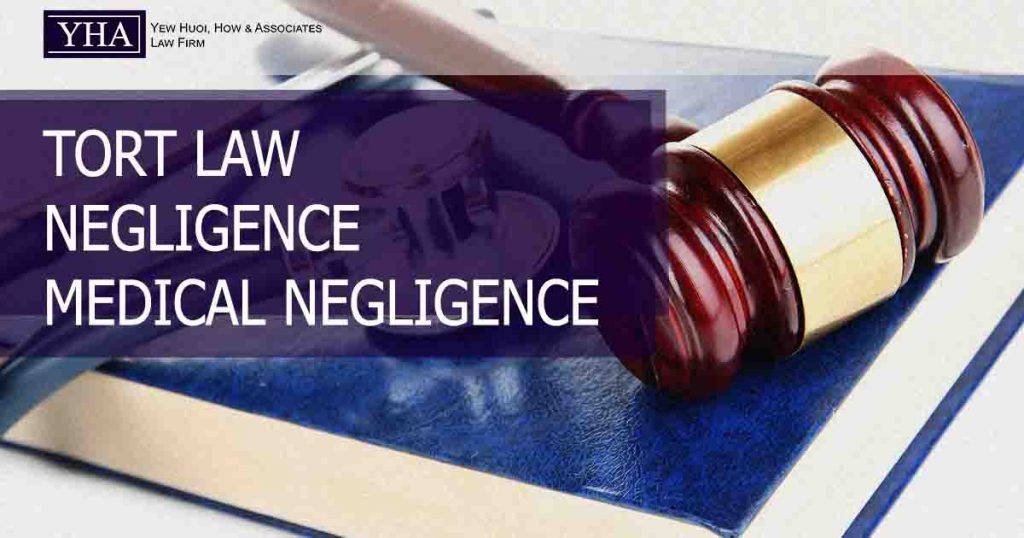Madam Lim is nine months pregnant and was admitted to the hospital to deliver her baby. She had consulted Dr. Alice regarding the method of delivery, and the doctor advised her to give birth naturally after viewing the report presented by Madam Lim. Unfortunately, Madam Lim had suffered a perineum injury while her baby had suffered a shoulder injury during the delivery due to the mistake in her report. There are other doctors who are obstetricians supporting Dr. Alice’s suggestion given to Madam Lim. Can Madam Lim sue Dr. Alice on the basis that she had negligently given treatment and advice?
Q: What can Madam Lim do to sue Dr. Alice for negligent treatment and advice?
A: There are three elements that she needs to establish to hold Dr. Alice liable for acting negligently.
- Alice has a duty of care towards Madam Lim (Duty of care).
- Alice has breached her duty of care towards Madam Lim (Breach of duty of care).
- Such a breach has caused harm to Madam Lim (Causation).
Q: Does Dr. Alice owe duty of care to Madam Lim (her patient)?
A: Yes. A doctor is a professional who possesses professional skills thus Dr. Alice owes a duty of care to Madam Lim to act carefully and logically when she is treating her. Her conduct will be judged according to a person having the same skills as she is.
Q: If a doctor disagrees with Dr. Alice’s conduct, does it mean that she had breached her duty of care?
A: A doctor will not be considered to have failed to act reasonably merely because she has acted differently from her board of professionals. She will not fail to act with reasonable care if she can provide logical reasonings for her conduct.
Q: After establishing a duty of care and breach of duty of care, what is the next step?
A: Madam Lim must then prove that Dr. Alice has failed to act properly that caused her the harm (the “but-for” test), that is if Dr. Alice has not acted negligently, she would not have suffered the said harm.
Q: In the scenario given above, are there any chances that Madam Lim will win this suit?
A: If Dr. Alice has advised giving birth naturally after relying on the report presented to her by Madam Lim, then she is not to be blamed for the injuries. There is evidence from other doctors to say that they would do the same if they were consulted by Madam Lim. Dr. Alice has not acted negligently, Madam Lim could not sue her.

